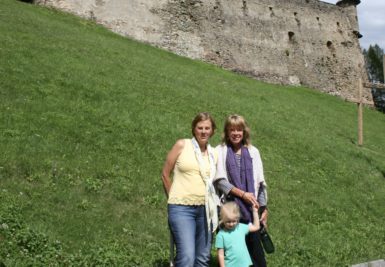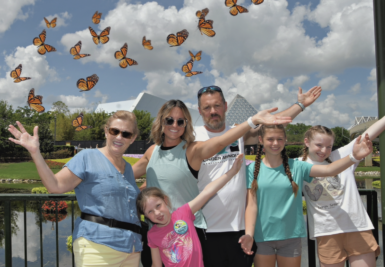Over the past 20 years, OrthoIndy knee surgeon, Dr. Jack Farr has continued to focus his practice in sports medicine and knee restoration. As a national leader in cartilage restoration advancements, Dr. Farr participates in several ongoing U.S. articular and meniscal cartilage research trials.
NeoCart®
Currently, Dr. Farr is actively recruiting patients to participate in a Phase 3 clinical trial for an investigational product called NeoCart®. NeoCart utilizes a regenerative medicine platform developed to potentially repair certain knee cartilage injuries.
In the joints, the ends of the bones are covered with hyaline cartilage, which is a strong flexible tissue that allows for joint mobility. This cartilage can become damaged from repetitive trauma caused by sports, an acute traumatic injury, and normal wear and tear. The damaged hyaline cartilage has a limited ability to heal itself, and if left untreated, can worsen and lead to a chronic condition.
An investigational NeoCart tissue implant is intended to potentially treat certain cartilage injuries. The implant is produced using a patient’s own healthy cartilage cells that are harvested from the non-weight-bearing cartilage surface of the patient’s femur. The cells are expanded, embedded
in a proprietary type I collagen scaffold and then incubated in a proprietary Tissue Engineering Processor, which is designed to simulate the environment of the human knee joint.
Once investigational biomarkers indicate early signs of characteristic cartilage cell function, the hyaline-like tissue implant is harvested and shipped back to the surgical facility and implanted into the patient’s knee defect using a proprietary, investigational bioadhesive glue.
- A Phase 1 clinical trial conducted in the U.S. demonstrated favorable preliminary results, which supported proceeding to a Phase 2 clinical trial.
- A Phase 2 clinical trial conducted in the United States comparing NeoCart to the current standard-of-care, microfracture, also provided promising results for safety and improvement in pain and function. These results supported the continued clinical development of NeoCart.
- A Phase 3 clinical trial conducted in the U.S. comparing NeoCart to the current standard-of-care is currently in progress and looking for eligible patients. All study participants will receive treatment for their knee injury, either the NeoCart Implant (2 out of 3 chances) or microfracture procedure (1 out of 3 chances).
To qualify you must be :
- 18 to 55 years old
- willing and able to provide informed consent
- suffer from pain in one knee
- be physician diagnosed with a cartilage injury
- be recommended by a physician for microfracture surgery, along with other trial requirements
All study-related surgical procedures, office visits and some rehabilitation costs will be paid by the trial sponsor. For more information, please call the NeoCart Contact Center at 855.963.6227 or visit www.NeoCartImplant.com.
More information about the NeoCart studies are available at ClinicalTrials.gov (key word: NeoCart).
For patients with knee changes too far advanced for restoration, Dr. Farr often employs partial knee replacement technology utilizing computer assisted navigation. This technique is often combined with minimally invasive bone preserving techniques.
To make an appointment with Dr. Farr please call 317.884.5163 or learn more about cartilage restoration.
Schedule an appointment
Your well-being is important to us. Click the button below or call us to schedule an appointment with one of our orthopedic specialists. If your injury or condition is recent, you can walk right into one of our OrthoIndy Urgent Care locations for immediate care. For rehabilitation and physical therapy, no referral is needed to see one of our physical therapists.





